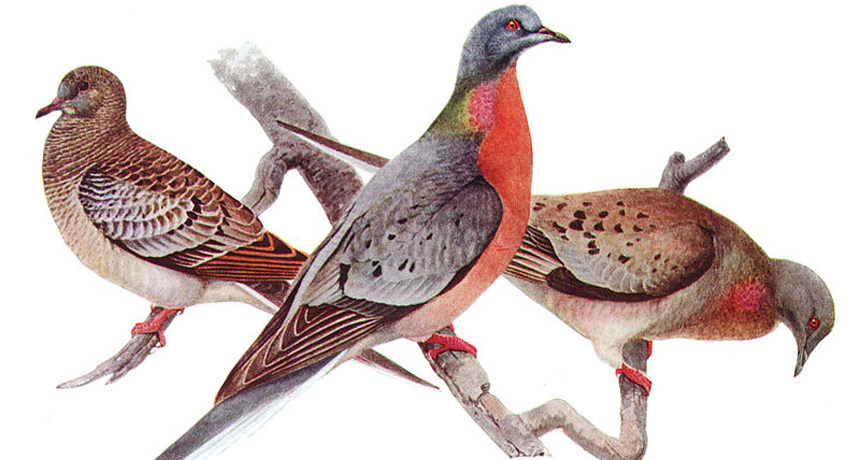biodiversity The number and variety of organisms found within a geographic region.
carbon The chemical element having the atomic number 6. It is the physical basis of all life on Earth. Carbon exists freely as graphite and diamond. It is an important part of coal, limestone and petroleum, and is capable of self-bonding, chemically, to form an enormous number of chemically, biologically and commercially important molecules.
diversity (in biology) A range of different life forms.
ecology A branch of biology that deals with the relations of organisms to one another and to their physical surroundings. A scientist who works in this field is called an ecologist.
ecosystem A group of interacting living organisms — including microorganisms, plants and animals — and their physical environment within a particular climate. Examples include tropical reefs, rainforests, alpine meadows and polar tundra.
extinction The state or process of a species, family or larger group of organisms ceasing to exist.
fossil Any preserved remains or traces of ancient life. There are many different types of fossils: The bones and other body parts of dinosaurs are called “body fossils.” Things like footprints are called “trace fossils.” Even specimens of dinosaur poop are fossils.
geologic time The span of time that covers Earth’s 4.5 billion-year history. Scientists divide geologic time into successively briefer intervals of time, called eons, periods, epochs, eras and ages.
geologic record Mineral deposits and fossils that form in rock. Geologists can “read” these minerals to decipher what Earth’s climate and geology was like (such as dry spells, earthquakes or volcanic eruptions) when the rock’s ingredients were laid down. Fossils and other mineral can signal what life may have existed at the same time.
geology The study of Earth’s physical structure and substance, its history and the processes that act on it. People who work in this field are known as geologists. Planetary geology is the science of studying the same things about other planets.
global warming The gradual increase in the overall temperature of Earth’s atmosphere due to the greenhouse effect. This effect is caused by increased levels of carbon dioxide, chlorofluorocarbons and other gases in the air, many of them released by human activity.
mass extinction Loss of 75 percent of the world’s species in a short time period, typically defined as 2 million years or less. Our planet has experienced 5 known mass extinctions.
microorganism,or microbe A living thing that is too small to see with the unaided eye, including bacteria, some fungi and many other organisms such as amoebas. Most consist of a single cell.
Quaternary Period A time in the distant past that was defined by regular ice ages. It began about 2.58 million years ago. Scientists refer to its earliest period as the Pleistocene. Then, about 11,700 years ago, a second period began, known as the Holocene. It continues through today.
species A group of similar organisms capable of producing offspring that can survive and reproduce.









